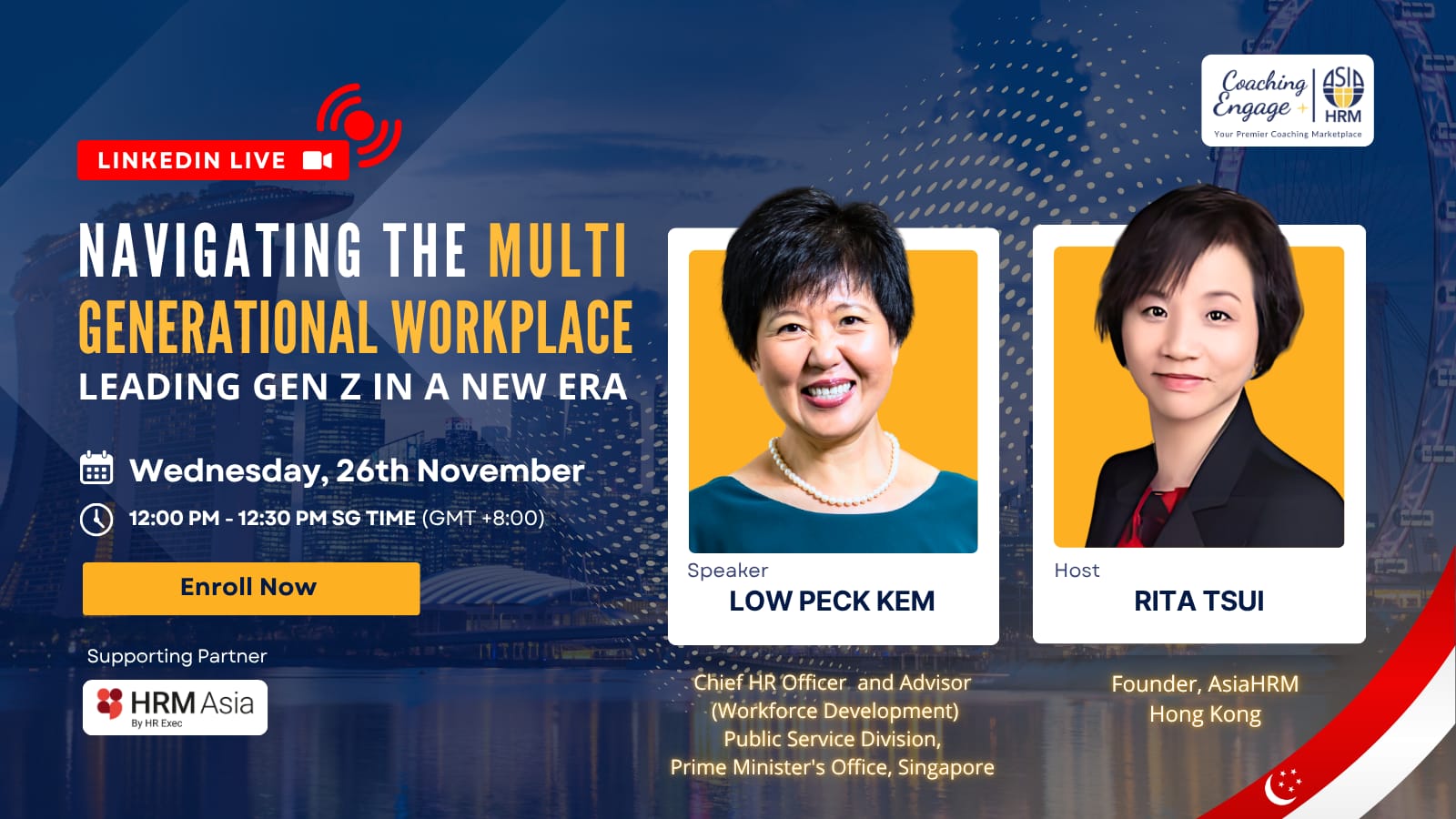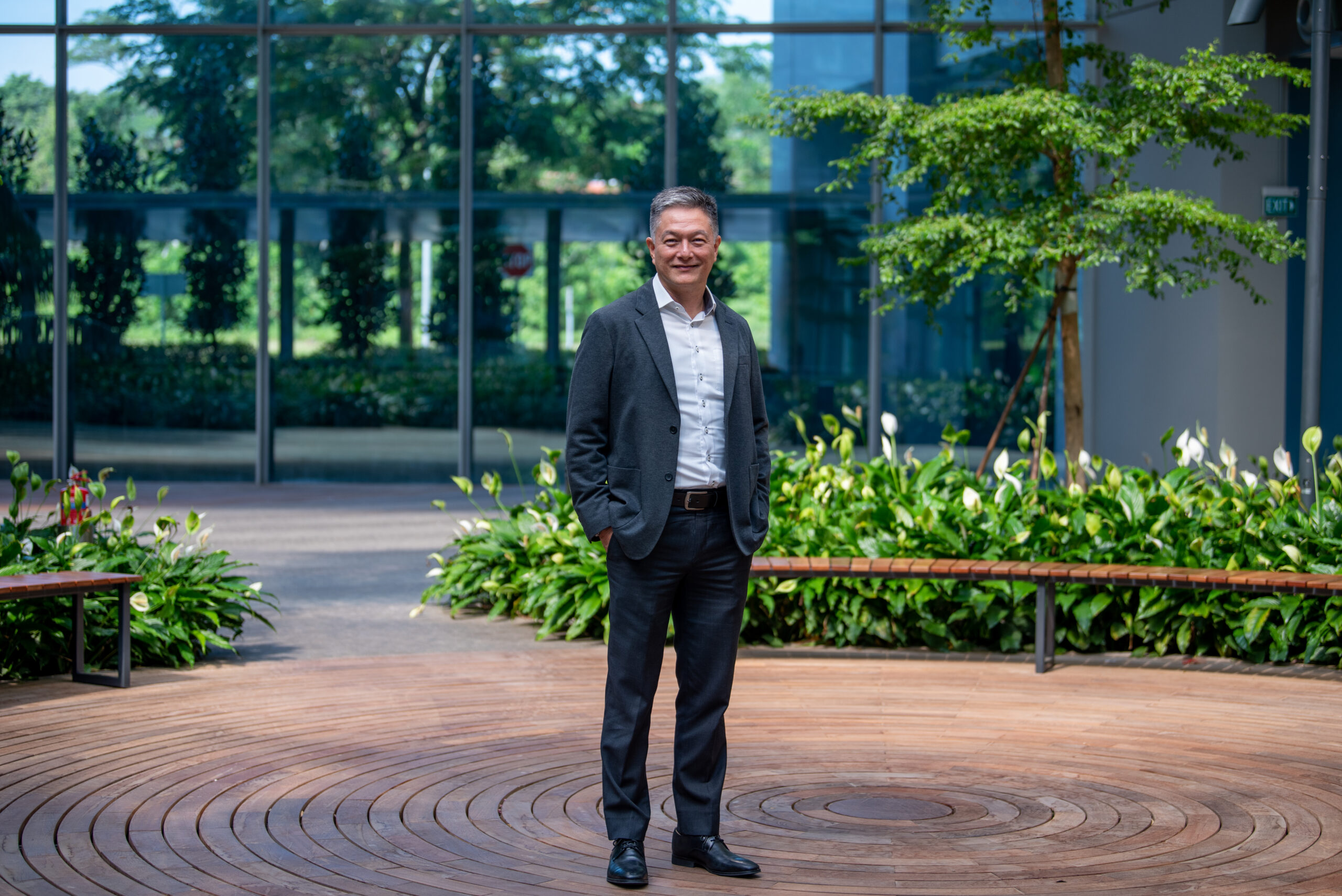Employees in Singapore want to leave their jobs after two years
- Champa Ha

While most employees in Singapore are proud to work for their employers, this number is declining as these employees age and three out of 10 employees seek to leave their current employers after two years.
A new study published by Ipsos on workplace culture, behaviours and talent attrition across Singapore has been launched this week, highlighting key trends that valuable context for decisions by Singapore’s employers.
Surveying 1,000 employees, the study found that three out of five Singapore employees say they are proud to work for their employer or would recommend them to others, 14 to 19% below global norms.
The number of employees being proud of their employers however falls as age demographics rise, with the percentage of 55-65-year-olds being proud of their employers falling nearly 20 points lower compared to those who have just entered the job market at aged 18 – 24. Across gender, women are also six points less proud than their male peers (59% vs 65%).
Around three out of 10 employees in the Singapore workforce (29%) also say they plan to leave their current employer in under two years, which is nine points more than the global norm. This intent to leave in under two years is substantially higher among 18 – 24-year-olds, at nearly 50% (47%).
While most employees would pinpoint to pay as the reason why they plan to leave their employers in the next two years, (45%), employees also pinpoint lack of recognition and career progression as two factors that push employees to want to leave even faster (in under a year). Career progression is also the key factor driving talent attrition among middle and senior managers.
READ MORE: Mental health support lacking in Singapore’s workplaces
Ghassan Karian, CEO of Ipsos Karian and Box, Ipsos’s specialist in employee culture and engagement has called the study a great one that highlights the need by Singapore employers to tackle young or new starter attrition, and the associated costs. “There is also a need to deepen the experience of an open, trusting and listening culture,” said Karian. “All of which are factors critical to driving workforce engagement and performance.”






